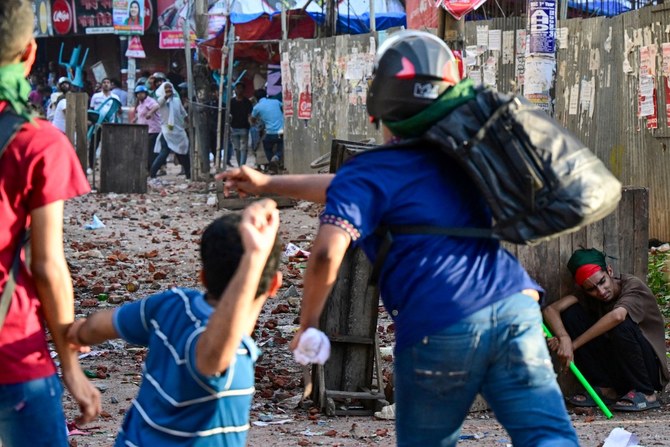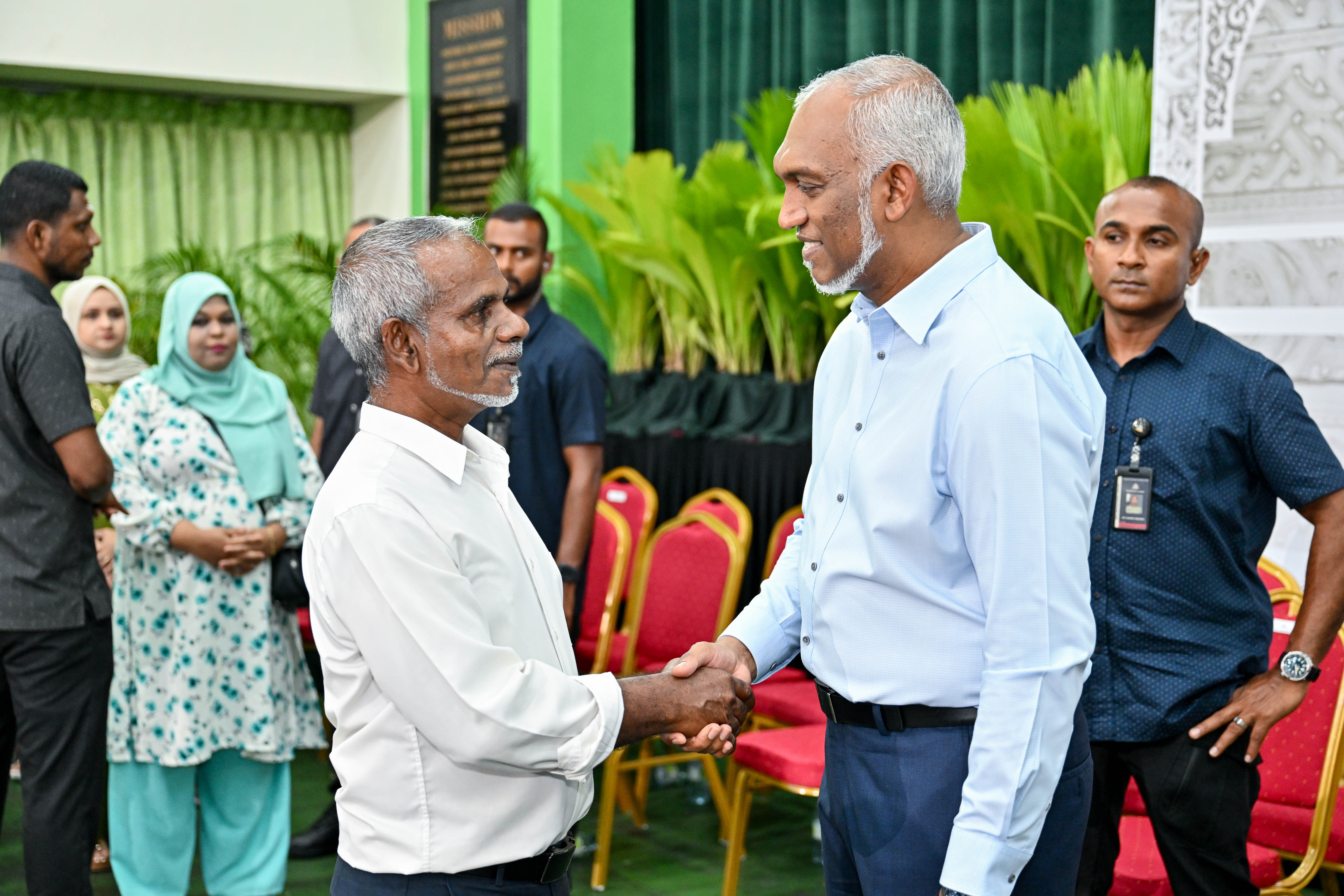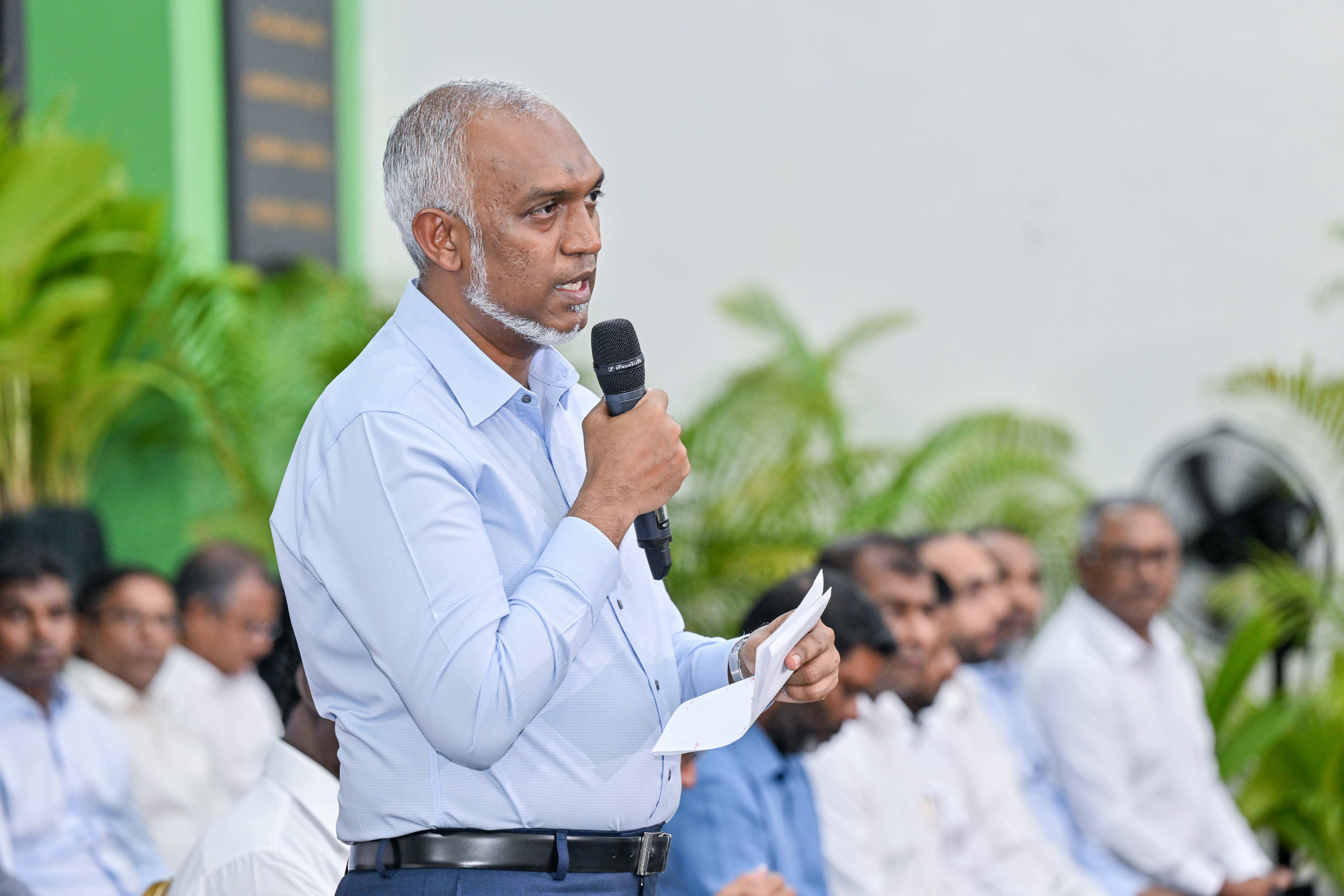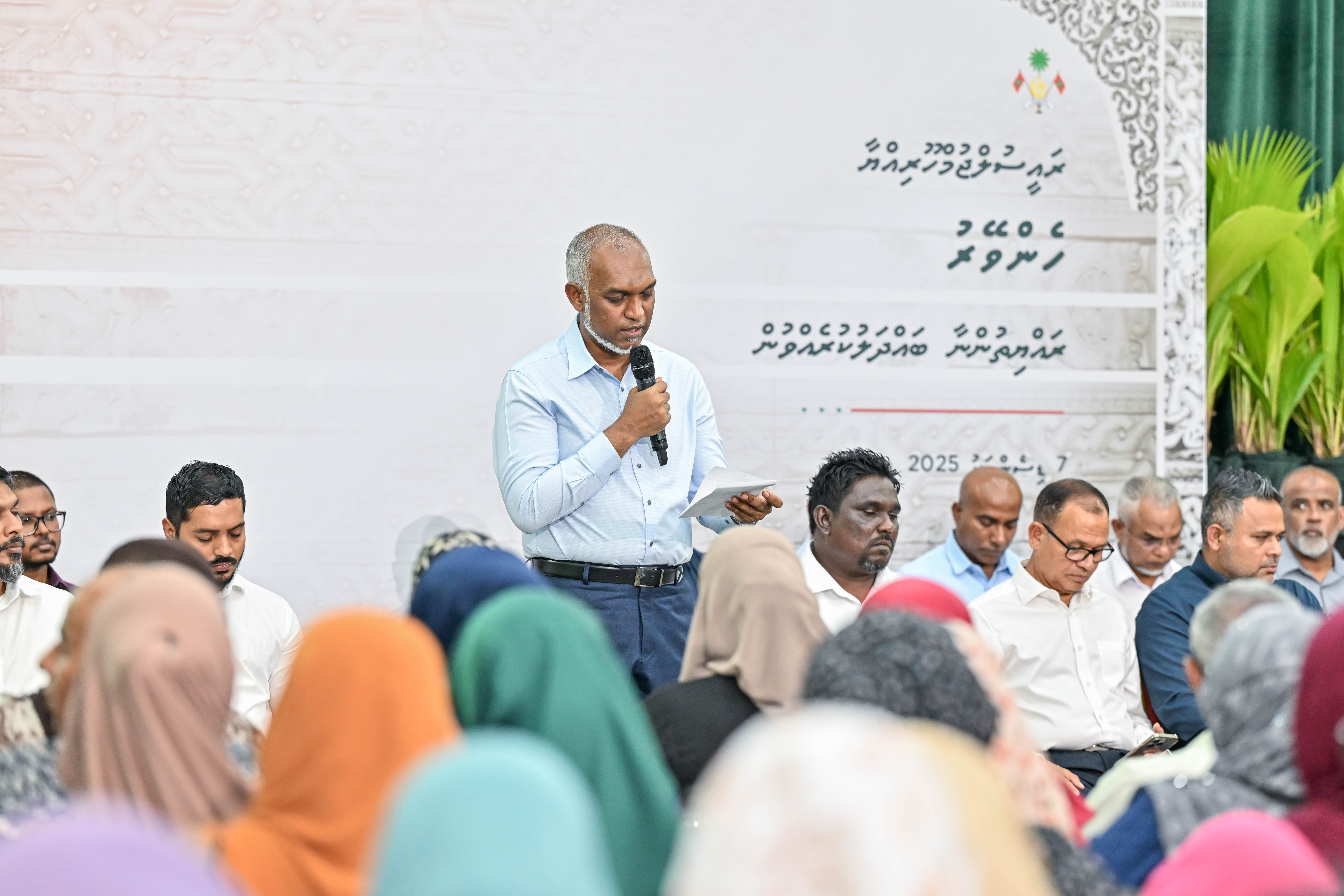Bangladesh indefinitely closed all educational institutions on Wednesday following deadly clashes between students and police, as campus protests against job quotas spread across the country.
Students have been demonstrating at campuses since early July against the government’s quota system, in which 30 percent of public service jobs are reserved for the families of those who fought in Bangladesh’s 1971 liberation war. The students demand the system’s reform and a more just distribution of the well-paid public service jobs.
The protests turned violent on Sunday, after Prime Minister Sheikh Hasina undermined the cause by suggesting that the demonstrators supported the “razakars,” or those who had collaborated with the Pakistani military during the 1971 war. Students denounced the comparison, and more of them joined the rallies, where they clashed with members of the youth wing of Hasina’s ruling Awami League party and security forces.
As violence escalated and turned deadly on Tuesday, the Ministry of Education and the University Grants Commission of Bangladesh announced in separate notifications that all secondary educational institutions, universities, and medical colleges across the country would remain closed “until further notice” and “for the safety of the students.”
According to local media reports, at least six people, including four students, were killed and 400 injured when the clashes broke out in Dhaka, Chottogram, Rajshahi, and Rangpur. Protesters estimate that the actual numbers are even higher. Despite repeated attempts by Arab News, Bangladesh Police did not respond to requests for comment.
Students have been demonstrating at campuses since early July against the government’s quota system, in which 30 percent of public service jobs are reserved for the families of those who fought in Bangladesh’s 1971 liberation war. The students demand the system’s reform and a more just distribution of the well-paid public service jobs.
The protests turned violent on Sunday, after Prime Minister Sheikh Hasina undermined the cause by suggesting that the demonstrators supported the “razakars,” or those who had collaborated with the Pakistani military during the 1971 war. Students denounced the comparison, and more of them joined the rallies, where they clashed with members of the youth wing of Hasina’s ruling Awami League party and security forces.
As violence escalated and turned deadly on Tuesday, the Ministry of Education and the University Grants Commission of Bangladesh announced in separate notifications that all secondary educational institutions, universities, and medical colleges across the country would remain closed “until further notice” and “for the safety of the students.”
According to local media reports, at least six people, including four students, were killed and 400 injured when the clashes broke out in Dhaka, Chottogram, Rajshahi, and Rangpur. Protesters estimate that the actual numbers are even higher. Despite repeated attempts by Arab News, Bangladesh Police did not respond to requests for comment.


















